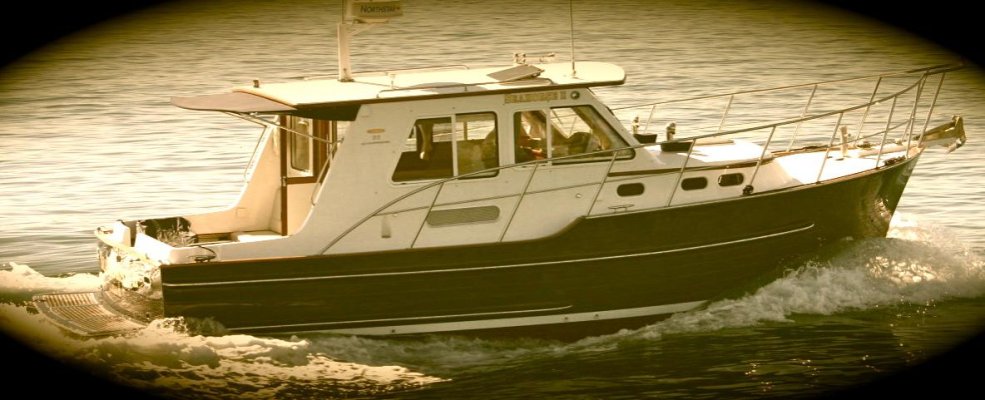Good thread, big subject
I'm new to this forum and ran across this thread, last post back in July. Thought I'd give it a bump and see if Danno had any luck finding the perfect liveaboard!
I spent a decade living aboard a 34ft sailboat in my younger (single) years, and now my wife and I live aboard (not full time, I admit) a 37ft powerboat. I've spent the last 30 years in the boat biz as a repairer, installer and surveyor, so I've got more than a few opinions. There have been a lot of good ideas expressed here, by many experienced boat owners. I have raised most of the same issues in seminars I have led at Trawlerfest the past couple of years on exactly this subject: how to find, and refit, an older boat for living aboard and serious cruising.
As a liveaboard who's also an active cruiser, I needed to find a boat with the right dockside amenities *and* the right cruising features. I agree with the several posters here who have said that finding the boat already equipped the way you want it is the way to go.
We knew we'd found what we needed two years ago when we found our Uniflite in Anacortes. My wife had already decided that the Coastal Cruiser had the layout she liked I had already owned three smaller Uniflites, and I was impressed with the equipment list: Webasto hydronic heat, almost new Northern Lights generator, oversized house battery bank and inverter/charger, recent Simrad autopilot, almost new windlass with two sets of ground tackle, and Perkins diesels with numerous spares, shop manual and a complete logbook showing continuous maintenance.
If you add up parts & labor for the heating system, the generator, the inverter and battery bank, the autopilot and the windlass, you get a total that's just about what we paid for the boat!
We bought it in November from experienced cruisers who had reached 80 years old and had decided it was time to give it up. In the two years we've had it, we've redone the interior, replaced the fridge, cleaned up the fuel system, added a battery monitor, rebuilt the cooling systems on both engines, re-plumbed the hydronic system to preheat the engines, and replaced the dinghy. We've still got a lot of stuff to do - add a new davit for the dinghy, replace most of the canvas, numerous electrical projects - but the boat is comfortable and functional.
Aside from the upholstery and carpeting, we've done all the work ourselves. My experience, and a couple of wholesale accounts at marine suppliers, has saved us a pile of money. I'm not getting any younger, and I won't be able to keep jamming myself into corners to do the grunt work for much longer, so I want to get most of the major stuff done in the next couple of years. It will be easier when I retire next summer - both to find time to work on the boat, and to go cruising!
So, anyway, Danno, what have you learned so far? Have you found a boat to live on? Let us know how your plans are proceeding.




